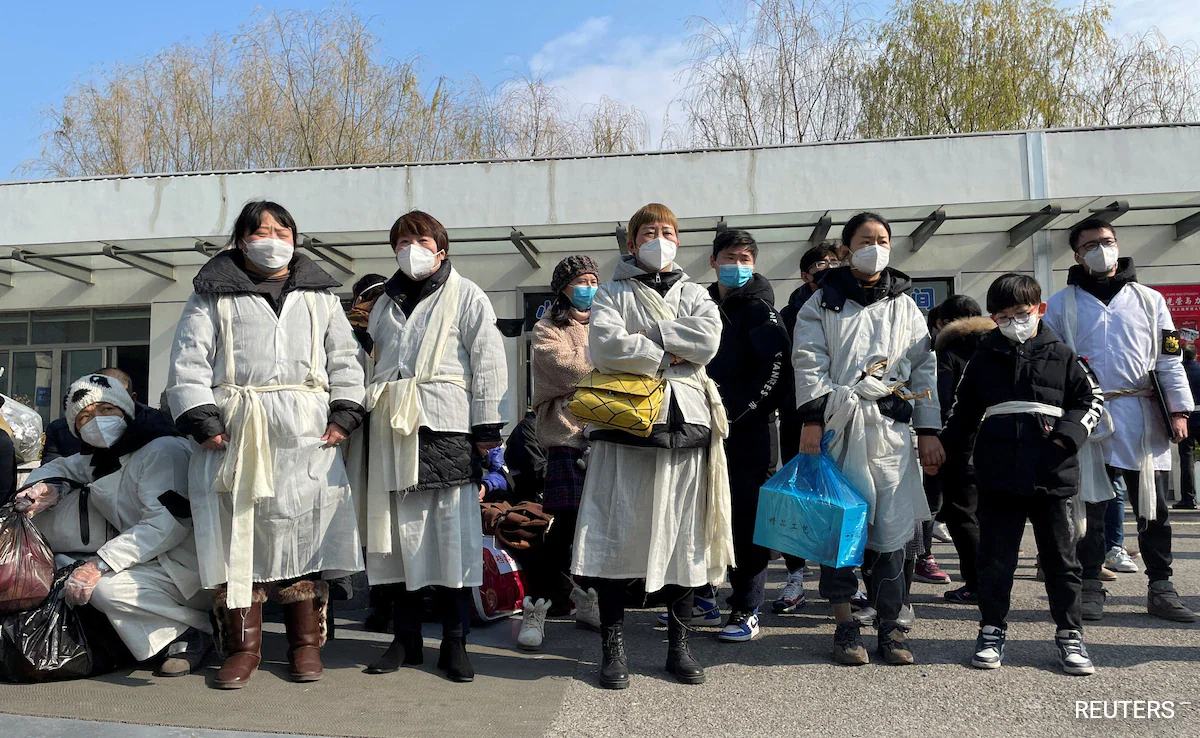New Delhi, 11 January 2025: On this day in 2020, China reported its first death from COVID-19, marking the beginning of a global pandemic that would claim millions of lives and reshape the world. Five years later, while vaccines and medical advancements have mitigated the worst effects, COVID-19 continues to impact lives worldwide, with new variants, ongoing infections, and persistent challenges.
The Start of the COVID-19 Pandemic
The initial COVID-19 fatality was reported in Wuhan, China, a city that became the epicenter of the outbreak. The novel coronavirus, later named SARS-CoV-2, quickly spread across borders, prompting global lockdowns, overwhelmed healthcare systems, and unprecedented public health measures. By the end of 2020, the virus had claimed over 1.8 million lives, with infections rising exponentially.
Progress Over Five Years
The rapid development and rollout of COVID-19 vaccines, starting in late 2020, marked a turning point in the pandemic. Vaccination campaigns saved countless lives, reduced hospitalizations, and allowed for the gradual reopening of societies. However, disparities in vaccine distribution highlighted global inequities, leaving many low-income countries vulnerable to prolonged outbreaks.
The introduction of antiviral treatments and improved clinical management further reduced mortality rates, even as new variants, such as Delta and Omicron, presented fresh challenges. Despite these advancements, the virus remains a persistent public health concern.
COVID-19’s Ongoing Impact
As of 2025, COVID-19 continues to cause deaths and long-term complications, including long COVID, which affects millions. The virus has evolved into an endemic pathogen, with seasonal surges and new mutations periodically disrupting normalcy. Vulnerable populations, such as the elderly and immunocompromised, remain at higher risk.
Economic and social impacts also linger, with many countries grappling with the aftershocks of disrupted industries, education, and healthcare systems. The pandemic underscored the importance of global cooperation and robust public health infrastructure to address such crises.
Lessons Learned
The COVID-19 pandemic has been a stark reminder of humanity’s vulnerability to infectious diseases. It has highlighted the need for:
Global Collaboration: Coordinated international responses are crucial for controlling outbreaks.
Investments in Public Health: Strengthening healthcare systems and research can better prepare for future pandemics.
Combating Misinformation: Accurate communication is vital for ensuring public trust in science and health measures.
COVID-19 Pandemic: Looking Ahead
While the world has made strides in controlling COVID-19, the virus’s continued presence serves as a reminder of the importance of vigilance. Scientists and public health experts emphasize the need for ongoing surveillance, vaccination efforts, and the development of next-generation vaccines to combat emerging variants.
Five years after the first reported COVID-19 death in China, the pandemic’s legacy is still felt globally. While significant progress has been made in managing the virus, its persistent impact underscores the need for preparedness, resilience, and global solidarity in addressing future health challenges.








